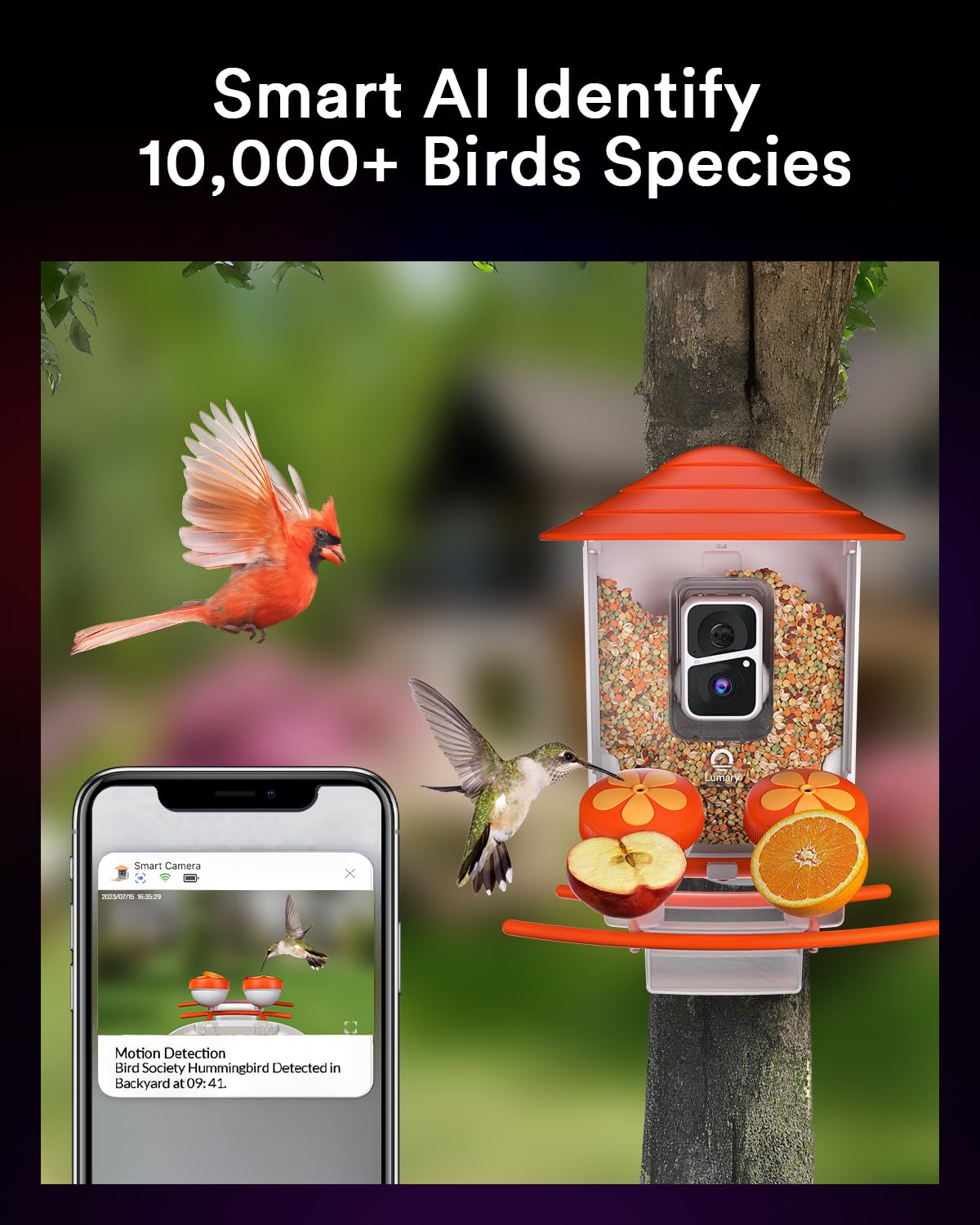The Evolution of Bird Smart Feeders: How Technology is Changing the Feeding Game
From its origins to its current state, it has evolved significantly bird smart feeder.
When it comes to bird feeding, technology has revolutionized the way we interact with our feathered friends. From traditional bird feeders to smart feeders, the evolution of bird feeding has been truly remarkable. In this article, we will explore the impact of technology on bird feeders and how it is changing the feeding game for both birds and bird enthusiasts.
Smart Feeders: A Game-Changer in Bird Feeding
The advent of smart feeders has transformed the bird feeding experience. These innovative devices are equipped with advanced features such as automated feeding schedules, portion control, and even built-in cameras for bird watching. Smart feeders not only ensure that birds are fed regularly, but they also provide valuable insights into bird behavior and feeding patterns.
Connectivity and Monitoring
One of the key advantages of smart feeders is their connectivity. Through the use of mobile apps and Wi-Fi connectivity, bird enthusiasts can monitor and control their smart feeders remotely. This level of connectivity allows for real-time monitoring of bird activity, ensuring that the feeder is always stocked and ready to attract a variety of bird species.
Customized Feeding Solutions
Smart feeders offer a range of customizable feeding solutions that cater to the specific dietary needs of different bird species. Whether it's adjusting the portion size or selecting the type of feed, these feeders provide a tailored feeding experience that promotes the health and well-being of birds. This level of customization was previously unheard of in traditional bird feeders, marking a significant shift in the feeding game.
Environmental Impact and Conservation
Technology has also played a role in promoting environmental awareness and conservation through smart feeders. By using motion sensors and environmental data, smart feeders can minimize food wastage and reduce the risk of attracting unwanted wildlife. Additionally, the data collected from smart feeders can contribute to scientific research and conservation efforts, providing valuable insights into bird populations and behavior.
In conclusion, the evolution of bird smart feeders has undeniably transformed the feeding game for both birds and bird enthusiasts. The integration of technology has not only enhanced the feeding experience but has also contributed to our understanding of bird behavior and conservation efforts. As technology continues to advance, we can expect further innovations in bird feeding, ultimately creating a more enriching and sustainable environment for our avian friends.
